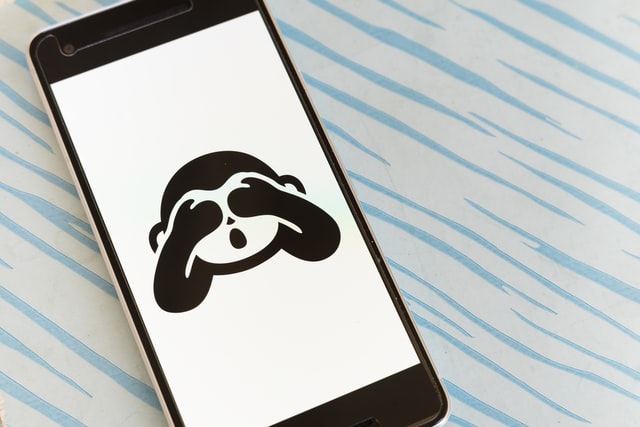There comes a time when we suddenly feel paralyzed. For an unknown reason, we have lost our way and we don’t know what is next, what we should do: we are blocked.
I remember that in the book Make it happen, by Rubén Turienzo, there was a chapter in which he reminds the reader of the possibility that, in the middle of our path to reach a goal or objective, we come across some situation, thought, problem or event that we do not know how to approach or what steps to follow to overcome it.
Suddenly we begin to feel a slight fear accompanied by stress that unintentionally increases and ends up paralyzing us. It freezes us. It is as if we simply wanted to escape from the context. This can apply to any framework of our life in which we find ourselves: a problem at work, not knowing if we will pass a course at the University or Institute causing thoughts that question us if we chose the career well or not, uncertainty due to relatives etc
Rubén mentions three techniques that, together with some other books and bibliographies that I have been able to read, could be useful to anyone who consciously wants to apply them as soon as life places them in a certain situation that, to be considered, difficult to clearly have. to get out of it.
The past
A few months ago I read “Excellent Personal Relationships” by Daniel A. Hughes, a very good book, from my point of view, as soon as you want to learn a little psychology at the Coquito level and at the same time improve your way of relating to others. the rest.
Without so much emphasis on making cherry the book; In it, the author points out that most of the painful events we go through today have a “certain” resemblance to painful episodes from our childhood or adolescence, which in the end can generate a dissentient or unresolved attachment.
Having mentioned the above, and you finding yourself in a circumstance that you might not know how to resolve, pause and ask yourself: Have I ever been faced with a similar scenario? How did I get over it? And if I couldn’t get over it, what would I do differently now?
These questions, in the midst of a truce with our fast thoughts that rush us to make a decision, can give us a clearer picture to solve the problem, but what if you had never been through a similar situation before?
The advice
Have you noticed that when we advise another person, not being emotionally involved makes us able to see solutions more clearly? Even though we try to * put ourselves in the other person’s shoes * we will never ever experience the same feeling.
However, the benefit is precisely that it gives us a little push to see things in a more objective way, putting our rational part in front of us, which, it must be said, is the one that normally knows how to find a way out.
So, if the person you love the most was in the same situation as you, what would you advise? What can you do?
It can be a bit difficult to answer at first, but concretely give yourself the opportunity to “get out” of your own role and try to see things from another perspective.
The idol
Finally, the one that may seem hilarious to take it as a technique, but deep down is still important (in fact, even there are studies) on the admiration that human beings can feel towards others and the positive effects of this).
It’s pretty simple: who do you admire?
If you’ve been able to identify someone you admire or identify with (and if you know their story better), then ask yourself the following question: how do you think I would get through this situation?
